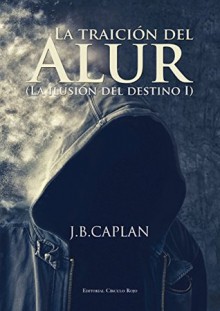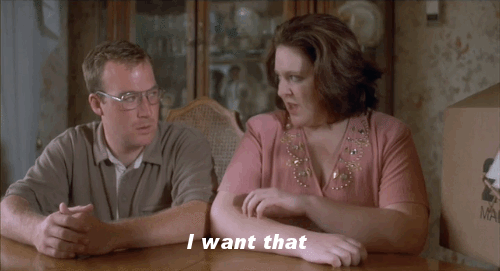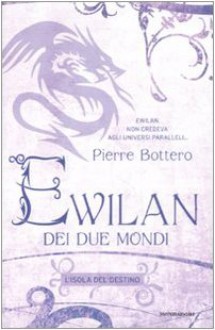
I have struggled to enjoy some of this author's works. Everything I have tried (with the exception of one book) I have pretty much DNF'd. There has always been a weird disconnect between this author's works and me. For some reason I have always found her heroines distant. I can't seem to really connect with them, they do not seem 'warm' to me. And since I read for the heroines, not the hero, this is a major deal in how I react to a story. Also something about her writing just doesn't sing for me. It isn't bad but it just doesn't 100% click for me.
But this book was available for .99 cents on Amazon and a GR friend told me to give her another try. So I thought I would.
While, once again I found Mira (the heroine) to be hard to connect to, I admit I found myself immersed in the story despite myself. The book takes place in 1989 and Mira is a fashion designer on the cusp of making a real name for herself. She relocates to Italy, feeling that it will be easier for her to break out of the pack, so to speak, than if she based herself in New York. Additionally something about Italy simply calls to her.
Giovanni Battaglia is the Don of a major Sicilian family. He owns the building that Mira has rented for her business. Apparently the building was rented to Mira without his knowledge and he needs it for other things. And an American using it for her fashion house is not it. He arranges it so that Mira's building mysteriously is deemed not up to code to get her away from it.
They meet, are attracted to each other, dance around the attraction and then finally succumb to it. Surrounding them is dangerous Battaglia family business, lies, betrayals, secrets etc.
I give the book three stars because while I enjoyed the story while reading it, this is primarily a plot driven book and I tend to prefer books that are more character driven. And I think because the story was so focused on plot that I found myself thrown out of the story at times. For one thing it had some odd beats to the flow of the scenes and story. I am also a sucker for good dialogue. When it feels like I am listening to people who say things the ways people would actually say them, It makes the characters all that more real to me. In this case the conversations sometimes felt disjointed and clearly there to propel plot instead of to illuminate the characters.
Also it was clear that Giovanni's role as crime lord was the dominant one. Mira was supposedly a famous enough fashion designer that she was recognizable by face and yet her business felt more wall-papery.
The story ends on a cliffhanger in that Gio and Mira don't end up HEA. I knew this going into it and that wasn't a surprise. But here again It emphasized that the narrative decisions more focused on plot rather than character. While Mira was understandably upset about her friend Fabiana, I wanted to see more emotional fall out from that from what happened. Or what about poor Angelique? There were some things that really made me scratch my head:
At the end Mira explains that the FBI and the US Attorney's office helped her fake her death and allowed people to think that Angelique who had died in a bomb meant for Mira was really Mira. This made no sense. The FBI would not perpetuate identity fraud in this manner unless Mira still being alive represented some real leverage to an investigation or threat to national security. Since Gio's mafia war was being waged on Italian soil and there was no indication he was setting up shop on US soil, I don't see why they would facilitate faking her death. In fact it seems more likely that the FBI would use Mira to smoke out Gio if they thought he was a terrorist threat or was planning to set up shop on this side of the pond. She would more valuable alive to them than fake-dead. And mind you, this book takes place pre-9/11 so reactions to terrorism would be a little different than they are now. And let's face it, Mira is a black woman private citizen who had no valuable information. I don't know any Federal Agency under Regan/Bush would be bending over backward to protect her. But that's just me.
(spoiler show)
And finally there was one thing that was sooo distracting. Everyone 'smirked' all the time. And if they weren't busily smirking, they were winking at each other. At one point I asked myself 'Who smirks and winks that much?' Well apparently everyone in this book. All. The. Time. Nobody simply smiled or grinned or 'looked amused'. No they all smirked.
All that said, I am curious to see how the rest of this plays out and will read the next one. So while this book wasn't a complete knock out of the ball-park, I was entertained and that is always good.



 Cuffed: https://geni.us/CfdAmz
Cuffed: https://geni.us/CfdAmz More KB Worlds books are coming your way every month. Stay up to date on all the releases here:
More KB Worlds books are coming your way every month. Stay up to date on all the releases here:
 Log in with Facebook
Log in with Facebook 










